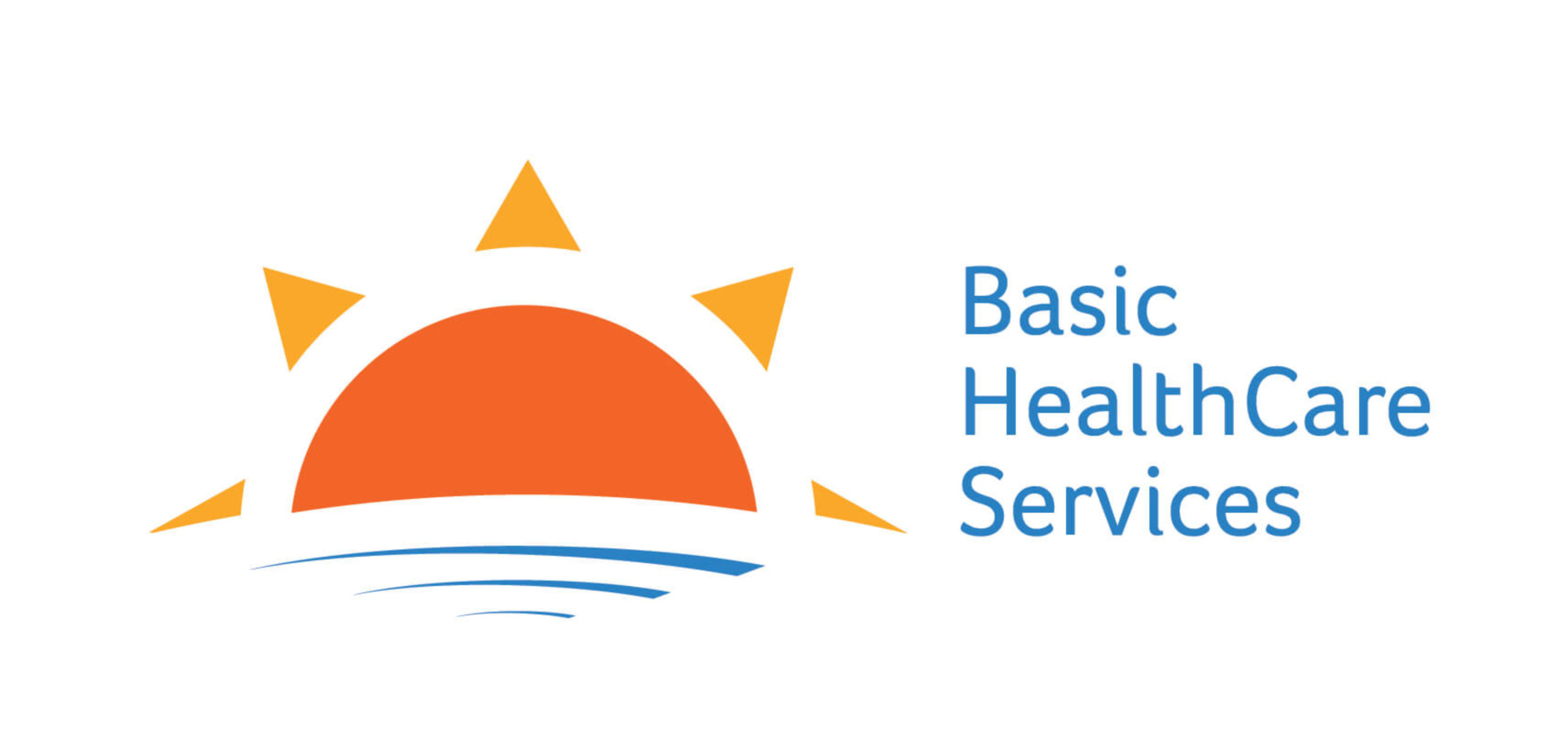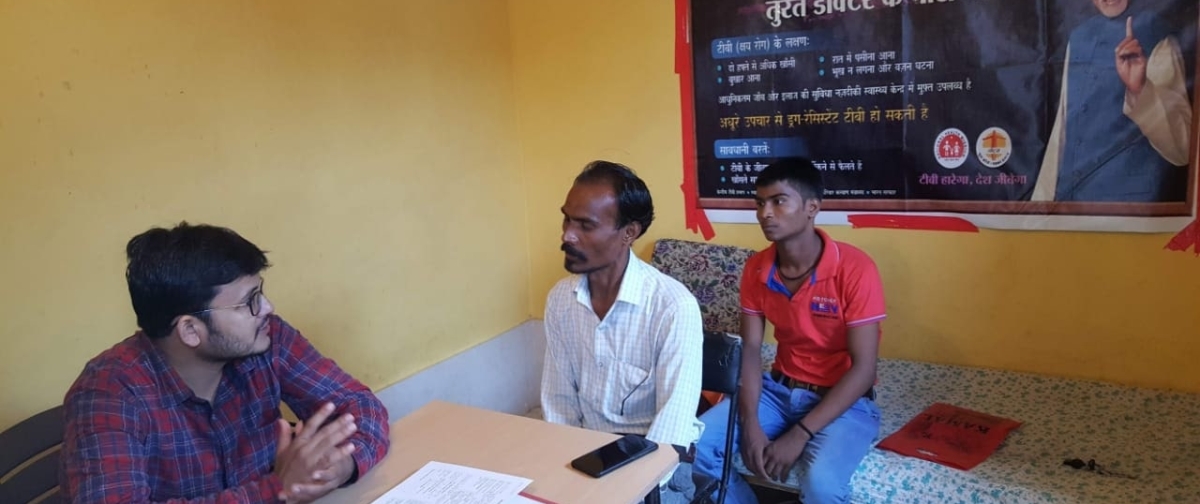A large number of young men, alone or with families, migrate from rural areas of South Rajasthan, UP and MP to cities in Gujarat for labour. It is estimated that as many as 10-13 lakh migrants live in Ahmedabad alone. They face huge vulnerabilities on account of their hazardous occupations and poor living conditions. They also are unable to access health services in the cities, because of lack of money, unfamiliarity with the city health systems and lack of time. Children of migrant families are also unable to utilize childcare and nutrition services at Anganwadis. Not able to negotiate their way to the public hospitals or pay the high fees of the private ones, returning home is often the preferred option for many of them, breaking their work cycle and placing an additional financial burden.
Basic Health Care Services (BHS) , in partnership with Aajeevika Bureau (AB) have been running a program to improve health, nutrition and well-being of migrant workers and their children over past four years. Following are interventions we run to address the issue :
- Day care centers for migrant children at construction sites
In partnership with construction companies, we run Day-Care-Centers (Phulwaris) at select construction sites, to provide safety, nutrition, healthcare and preschool education for such children. Their mothers are also provided healthcare and nutrition support. Over last five years, we have collectively managed 25 Phulwaris, serving more than 2000 children at different sites.
- Early detection and treatment of Tuberculosis- DOTS Centre
Recognizing the high prevalence of tuberculosis and poor compliance among migrants, we ran a program to control TB among migrant populations in Ahmedabad city. The program led to reaching out to about 100,000 migrant population, detecting about 100 additional patients with TB, and linking them to treatment facilities. Building on the experience, we partnered with AMC to run 3 TB Treatment Facilities (Called DOTS facility) as a public-private-partnership initiative, in high migration neighborhoods. The experience has been gratifying, treatment completion rates have been more than 90% and they have been linked to skilling and other services for rehabilitation.
- Linking migrant workers with urban health services:
Unlike in villages, cities do not have a problem of availability and physical access to health services. However, migrants are not able to access these services because they are not familiar with the city health systems, and because health services are not sensitive to need of migrants. We have been able to forge partnerships with the municipal ICDS and health systems for immunization of children, care of pregnant women and provision of dry food for children.
The fault-lines in our healthcare systems, especially for the migrant communities have become even clearer during the COVID pandemic. The proposed program aims to demonstrate, evaluate and expand migrant friendly health and nutrition services in Ahmedabad city.


